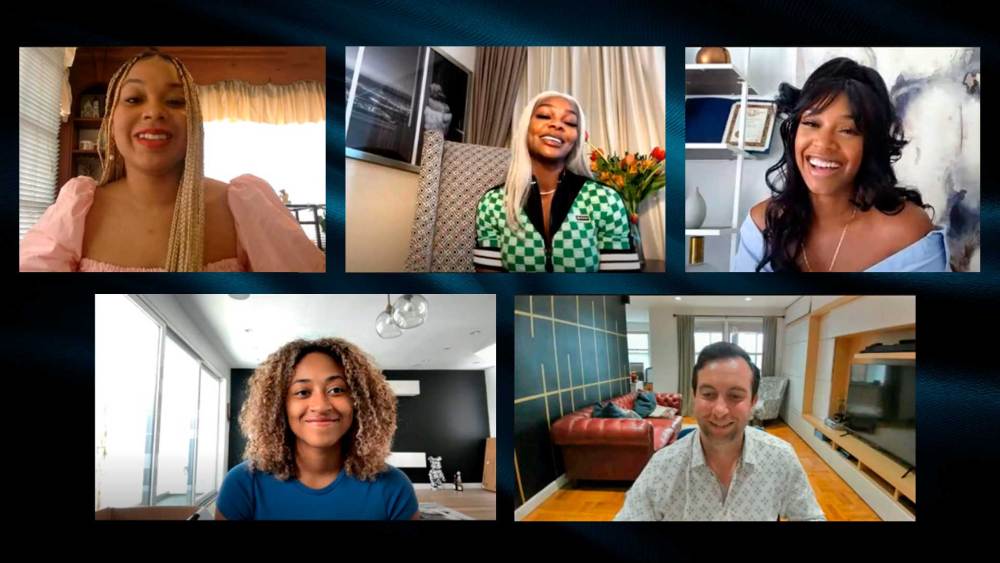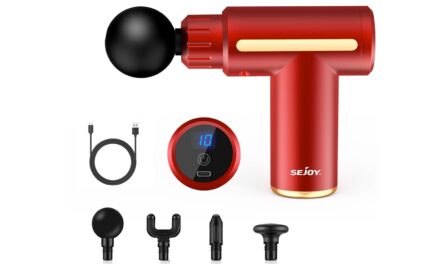
Black entertainment and representation may be improving, but it still has a long way to go.
That was a key takeaway from Variety Intelligence Platform’s recent webinar, in which VIP+ senior media analyst Gavin Bridge hosted guests from across media: Jade Cargill (AEW wrestler), Chantel Riley (actress, singer-songwriter), Kalani Rodgers (content creator) and co-moderator Robyn Mowatt (fashion and culture journalist).
The panel took on several topics, ranging from the lack of awareness for June being longstanding Black Music Month, the controversy surrounding Ariel the Little Mermaid being played by a Black actress, how opportunities for Black talent aren’t equal and the role of gatekeepers in ensuring authentic stories make it to the screen. Some of the unique perspectives are below, but for those intrigued by the topic, do click above to view the entire webinar.
On the State of Black Representation in Entertainment
Jade Cargill: There are not enough Black entertainers in stunt doubling. They’ve had to color a couple of stunt doubles a completely different shade to play characters. In professional wrestling, I’m the first Black woman to be on the cover of a video game, and it’s 2023 — that’s alarming. But it’s gotten better, and I think there is acknowledgement [of Black entertainers] in the sport.
Kalani Rodgers: Something we could do better in the industry is to have more diverse acting roles for Black women — so it’s not just women with a lighter skin complexion and roles are going to women with darker skin — that don’t carry a stigma. For instance, the hood movies that are made, the gangster movies, the TV shows — putting us in a better light and in roles that aren’t so curated to that approach.
Robyn Mowatt: I’ve noticed there is a trend with some TV shows and Black films now where they’re not having trauma happening over and over and over to the characters. They’re actually telling stories outside of trauma — Black people are professionals, they dress well — but then also tapping in on a personal level outside of police brutality and things that can feel heavy.
How Gatekeepers Influence Content
Chantel Riley: It’s very unfortunate that the gatekeepers tend to be older, mostly white, with most of them being a little out of touch with what’s going on, with this being 2023, when Black people do exist and have stories to be told.
Cargill: It’s really tough because companies are walking a fine line and trying not to offend anyone. In [the AEW], there’s no person of Black representation in a high position, so we have to try to pry in as much as we can to get them to understand.
Rodgers: In the content area, back when TikTok was really blowing up, a lot of people would create dances, especially from Black people and Black culture, and they wouldn’t really get any recognition from it, especially from algorithms. Then you’d have a white person doing it, and the videos would blow up. They would get the credit and the recognition.
It didn’t really affect people as much until we started learning they were making money from it, and so now you have these people creating lots of content and culture, and it’s being taken from them. When we speak up, we’re told it’s not that big of a deal — it doesn’t matter, you should be thankful others are recognizing your stuff. No one recognized this was people taking from content and not putting that credit back into what Black people deserve.
Another thing I’ve noticed is the difference between when Black content creators blow up or get viral versus white ones. I’ve seen numerous people that have blown up for very small things they didn’t even really mean to blow up, and they’re getting invited to movie premieres and having brand deals. It’s just completely different access that they’re given when they blow up versus Black people I’ve seen go viral for so long and don’t even have a blue check on their name [on Twitter].
On Disparities Felt Over Hair and Makeup as Black Entertainers
Riley: It’s been terrible. ACTRA [Alliance of Canadian Cinema, Television and Radio Artists] in Canada just had a settlement to make sure they diversify the hair and makeup unions. I’ve been on sets where, after I had to sit in the hair and makeup chairs, I’ve had to go back to my trailer and completely change everything. You have your white co-stars, and they can just show up and are looking glamorous and amazing because the stylist knows how to do white skin and hair. Unfortunately, some stylists are not taking the time to study Black hair and natural hair and darker skin tones. And that shouldn’t be the case — change needs to happen.
Mowatt: On the editorial side, I’ve produced shoots, and I actually enjoy producing them because I can handpick who’s going to be doing grooming and exactly who’s going to be doing hair … and not everyone used is in a union.
Cargill: I’ve been a part of a lot of productions where I’ll look like a ghost when I walk out of the chair and go back to my room and wipe my makeup because they make me look too bright under the eyes. Our makeup department tries to do their best to align us with a makeup artist who fits our shade. But I’ve learned to bring my own foundation and makeup for contouring, and I don’t think that should be the case. I’ve even been part of high-fashion photo shoots, and even don’t even have the right products.
These were just some of the notable moments from the webinar. Among the other areas covered are the importance of Black-focused studios (such as Hulu Onyx and Hallmark Mahogany), how stereotypes keep getting propagated in entertainment, why there’s a need for Black people to write their own stories and how Jade Cargill pushed back on her onscreen portrayal to have a more positive representation even when playing a “bad” character.




